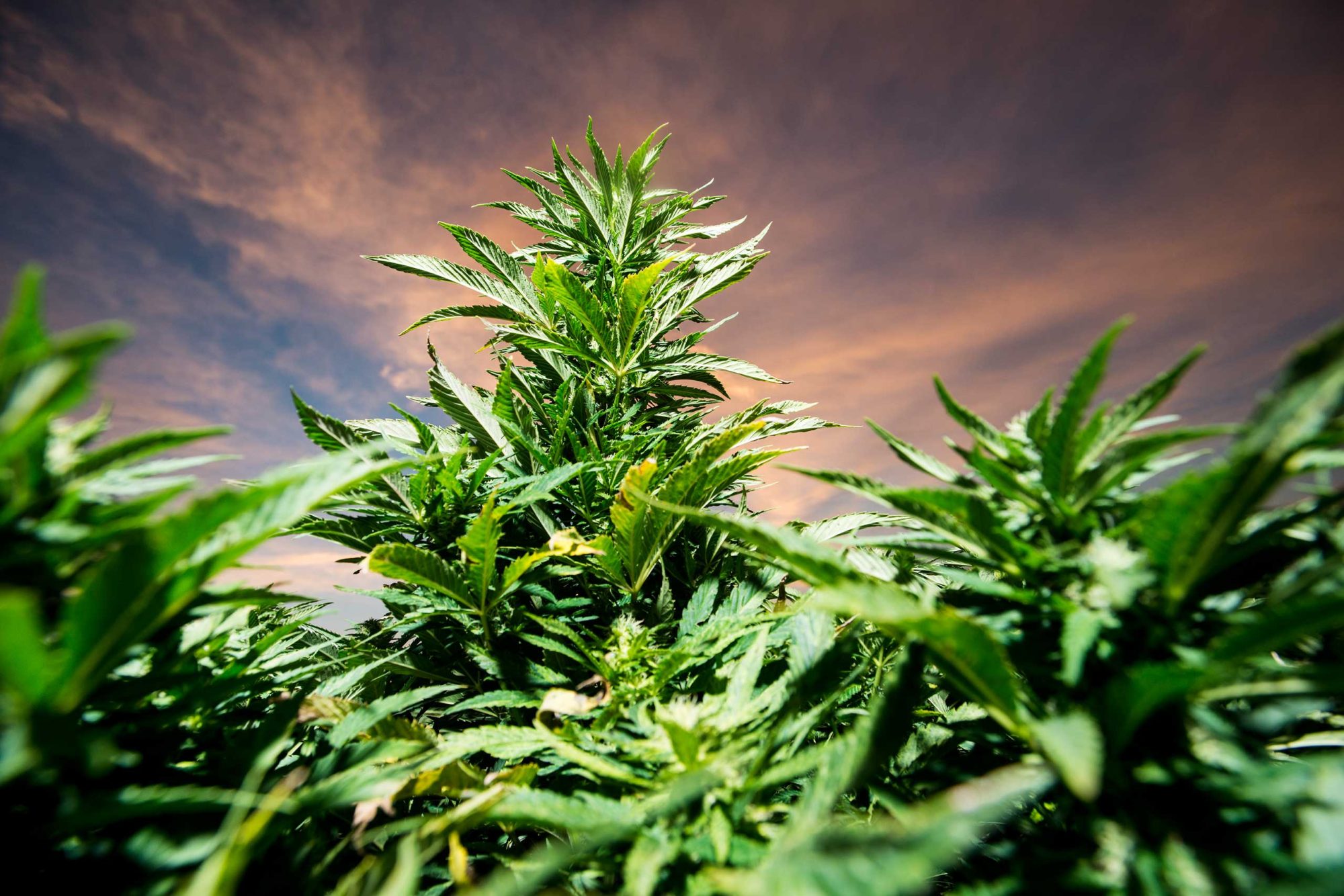In 1970 the 91st US Congress enacted the Controlled Substances Act (CSA), which President Nixon signed into law. The CSA established a federal policy to regulate the manufacturing, distributing, importing/exporting, and use of regulated substances. All previous federal drug laws were combined, and the CSA allowed for federal enforcement of all controlled substances. The war on drugs began.
“The war on drugs is a war on people…
It’s a really sad state of affairs
When a human being’s freedom is treated as
Nothing more than an asset or liability.
Prisons are big business in this country.
The war on drugs is nothing more than a war on people
…It’s a bullshit war, It’s a war over money!” – Corporate Avenger
On October 6, 2022 President Biden announced the first three steps he was taking to end the failed federal approach of dealing with the plant. First he ordered a pardon of all prior Federal offenses of simple possession of marijuana. That pardon didn’t free a single federal Plant Prisoner, and was a limited time offer. Biden’s second step was urging all governors to also order the same pardon for their state plant prisoners convicted of simple possession. Governors were split on Biden’s call to pardon. For step three Biden asked the Secretary of Health and Human Services and the Attorney General to initiate the administrative process to review expeditiously how marijuana is scheduled under federal law.
https://www.whitehouse.gov/briefing-room/statements-releases/2022/10/06/statement-from-president-biden-on-marijuana-reform/
Recently the Department of Health and Human Services recommended to the U.S. Drug Enforcement Administration (DEA), to whom power is delegated under the CSA by the Attorney General, that cannabis be rescheduled to Schedule III of the Controlled Substances Act. Apparently the recommendation was based on a scientific and medical review by the Food and Drug Administration (FDA). In 2016 the FDA denied a rescheduling petition and determined the medicinal plant was to remain schedule I on the CSA, as a highly addictive drug with no accepted medical use, despite in 2016 science and medical review didn’t support Cannabis’ continued schedule I placement. This all appears to be political theater to appease the now 59% of adults in the US who support legalization for medical and recreational use.

What would Cannabis rescheduled as schedule III look like? It would not federally legalize or decriminalize the plant. It would not set Jonathan Wall, Ismael Lira, Tameka Drummer, Frank Eppler, or any of the countless other federal and state Plant Prisoners free. It would not stop people from being arrested and prosecuted over the plant. Schedule III drugs are obtained through a prescription, and are generally not available over the counter.

Rescheduling would suddenly, magically make the plant considered by the eyes of the government to have low to moderate potential for abuse and/or addiction, while being less dangerous than the plant is considered now. Cannabis is currently schedule I, meaning it’s classified as having no accepted medical use and a high potential for abuse. A schedule III classification for Cannabis would give control over the manufacturing, distributing, importing/exporting, and use of Cannabis to the DEA.

The big question as of now seems to be will the Drug Enforcement Agency approve Cannabis as a schedule III substance? The Federal Code of Regulations has recently undergone some changes that signal the rescheduling of Cannabis to schedule III is the plan.
Title 21 Food and Drugs Part / Section
Chapter II Drug Enforcement Administration, Department of Justice 1300 – 1399
Part 1318 Controls to Satisfy the Requirements of the Act Applicable to the Manufacturing of Marihuana 1318.01 – 1318.07
§ 1318.01 Scope of this part.
§ 1318.02 Definitions.
§ 1318.03 Implementation of statutory requirements.
§ 1318.04 Specific control measures applicable to the bulk manufacture of marihuana.
§ 1318.05 Application of the public interest factors.
§ 1318.06 Factors affecting prices for the purchase and sale by the Administration of cannabis.
§ 1318.07 Non-liability of Drug Enforcement Administration.
https://www.ecfr.gov/current/title-21/chapter-II/part-1318?toc=1
The stage appears to be set for the implementation of Big Cannabis.
Marijuana is safer than alcohol, yet alcohol is not classified as a controlled substance on the CSA. Jared Allaway of safershirts.org , has been spreading the message of marijuana being safer than alcohol for years, by painting and mailing safer shirts around the world. When asked how he felt about the possibility of Cannabis becoming schedule III, Jared said “When trying to determine how to schedule Marijuana, one must consider that Marijuana is safer than alcohol.” For years many have been calling to treat Cannabis like alcohol in terms of legislation. While many activists disagreed with that call, in the case of the classification of Cannabis, the common ground now sure seems to be a call to completely remove Cannabis from the CSA, or descheduled. With alcohol not being a controlled substance, why should Cannabis be?

Cannabis prohibition has never been rooted in science, fact, nor the common good. The time is now to put a stop to this senseless prohibition of a medicinal plant that has helped countless lives. The fate of this plant is not solely in the hands of the DEA. There is something we can do. Call DEA headquarters 571-362-8487 and politely state “Cannabis should be completely removed from the CSA.” Getting those phones ringing off the hook to express the will of the people can and will make a difference. Use the hashtag #DescheduleCannabisNow on social media. Let’s get it trending and noticed. Never underestimate the power of a hashtag.
Cannabis Prohibition should not be an injustice passed down to yet another generation. Don’t give away your power by thinking you don’t have any. Stand in your power. Be courageous!




